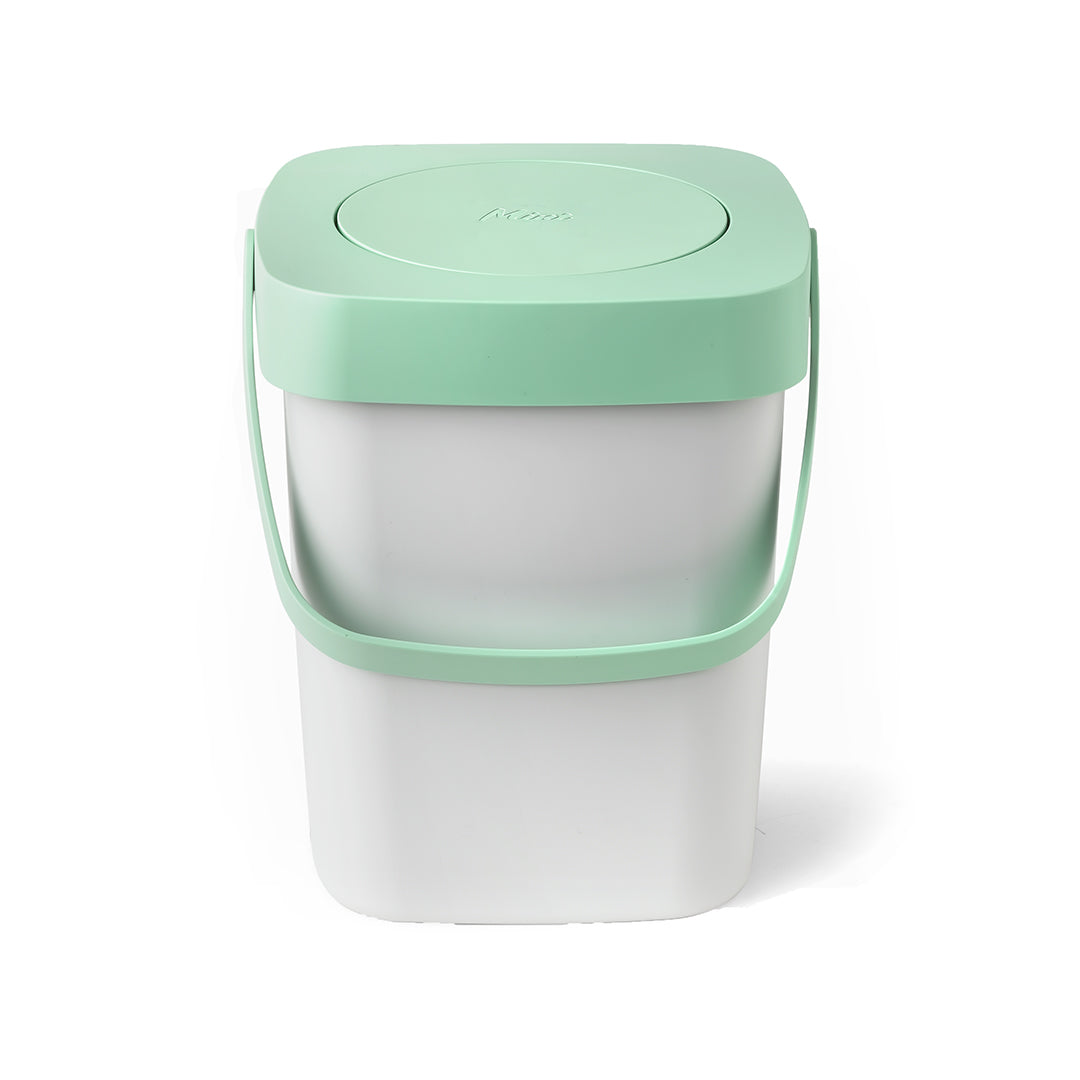706 kilos of waste per inhabitant, per year. Switzerland is in third place on the ranking of European countries that produce the highest amount of waste, according to the European Statistical Office Eurostat. This is certainly not a good indicator of our country’s pure image.
The good news, or so it seems, is that as a model pupil, Switzerland is catching up on recycling. Its rate of recycled waste is higher than the European average. In May 2018, the European Union took measures to deal with these astronomical quantities of waste. The goal is to increase the average recycling rate for municipal waste. Currently at 46%, it should rise to 55% by 2025, and 60% by 2030. In Europe, in 10 years, between 2007 and 2017, this rate jumped from 35 to 46.4%. In Switzerland, over the same ten-year period, it has increased from 51 to 52.5%. Switzerland, which has long been held up as a model, is gradually being overtaken by its neighbours.
Reducing waste during times of overconsumption
Packaging has been a scourge for some years now. Difficult to recycle and still very present in our shops, it results in a lot of waste. Although we are becoming more and more concerned about it and solutions are emerging, we still can’t manage without it. However, nowadays, no more excuses, it is possible to reduce our ecological footprint.
And what if it meant asking ourselves what is really essential? Wouldn’t over-packaging mean over-consumption?
When reducing your consumption of unnecessary goods is actually beneficial to the planet and your wallet, everyone loves it. We surround ourselves with objects, we like to possess. But do we really need them?
The search for alternatives has proven to be rewarding. Recipes for homemade products and care products, reusable objects, services, bags, water bottles, sorting stations, many solutions are now on the market. A kind of return to the basics that feels good.
When it comes to food, while you can choose to eat local fruit and vegetables, not everyone is prepared to eat their kiwi with the skin on. Brrrr, those little kiwi hairs on the tongue, NO WAY. We all agree that we can have less organic waste, but we will always have some. The main thing is simply to dispose of it in the right place, where it will have a positive impact.
Does this article inspire you? Do you have any good ideas? Tips to share with us? Do not hesitate to drop us a note.

